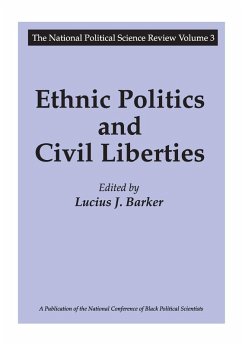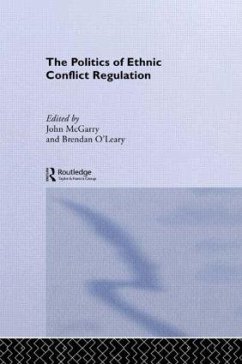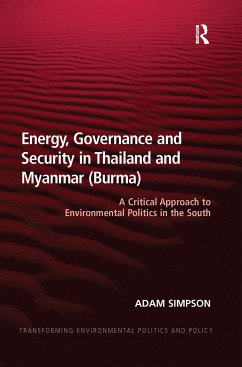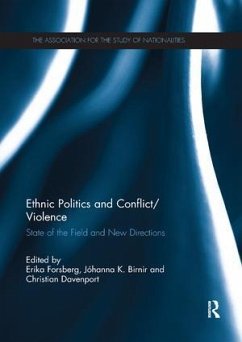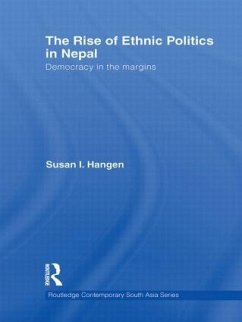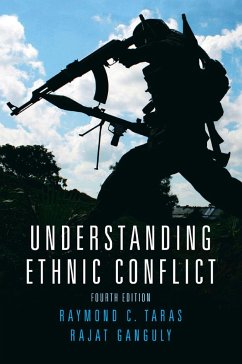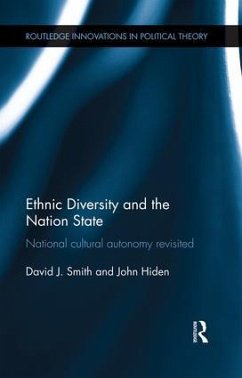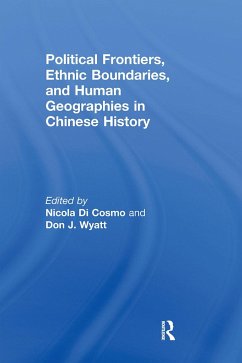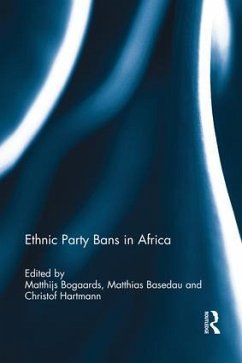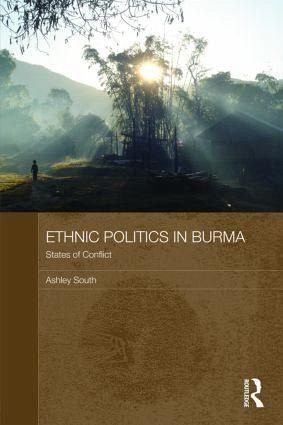
Ethnic Politics in Burma
States of Conflict
Versandkostenfrei!
Versandfertig in 1-2 Wochen
69,99 €
inkl. MwSt.
Weitere Ausgaben:

PAYBACK Punkte
35 °P sammeln!
This book examines the ideas which have structured half a century of civil war in Burma, and the roles which political elites and foreign networks - from colonial missionaries to aid worker activists - have played in mediating understandings of ethnic conflict in the country. The book includes a brief overview of precolonial and colonial Burma, and the emergence ethnic identity as a politically salient characteristic. It describes the struggle for independence and the parliamentary era (1948-62), and the quarter century of military-socialist rule that followed (1962-88). The book analyses the ...
This book examines the ideas which have structured half a century of civil war in Burma, and the roles which political elites and foreign networks - from colonial missionaries to aid worker activists - have played in mediating understandings of ethnic conflict in the country. The book includes a brief overview of precolonial and colonial Burma, and the emergence ethnic identity as a politically salient characteristic. It describes the struggle for independence and the parliamentary era (1948-62), and the quarter century of military-socialist rule that followed (1962-88). The book analyses the causes, dynamics and impacts of on-going armed conflict in Burma, since the 1988 'democracy uprising' through to the 2007 'saffron revolution' (when monks and ordinary people took to the streets in protest against the military regime). There is a special focus on the plight of displaced people, and the ways in which local and international agencies have responded. The book also examines one of the most significant, but least well-understood, political developments in Burma over the last twenty years: the series of ceasefires agreed since 1989 between the military government and most armed ethnic groups. The positive and negative impacts of the ceasefires are analysed, including a study of civil society among ethnic nationality communities. This analysis leads to a discussion of the nature of social and political change in Burma, and a re-examination of some commonly held assumptions regarding the country, including issues of ethnicity and federalism. The book concludes with a brief Epilogue, taking account of Cyclone Nargis, which struck Burma on 2 and 3 May 2008, resulting in a massive humanitarian crisis.





